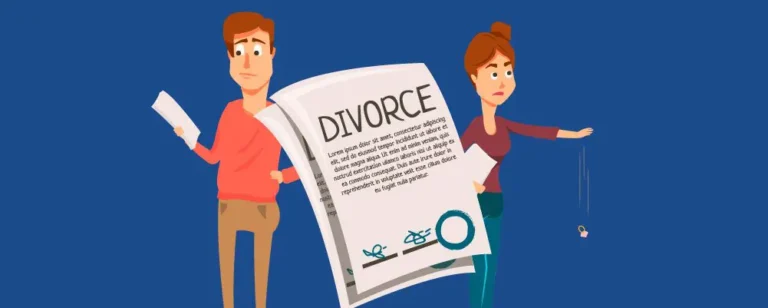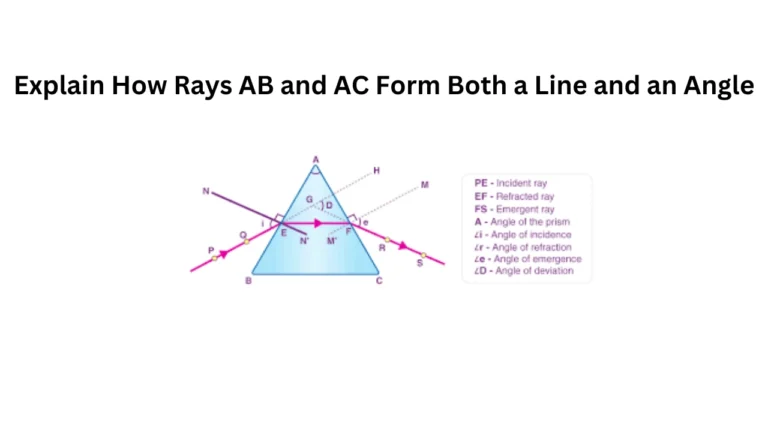Understanding Expert Witnesses in Modern Legal Cases: Insights and Trends

Key Takeaways
- Expert witnesses play a pivotal role in modern legal cases by providing specialized knowledge and testimony.
- They help clarify complex issues, assist in the understanding of technical details, and can heavily influence a case’s outcome.
- Understanding their role, qualifications, and the types of cases they are involved in is crucial for legal professionals and clients alike.
Table of Contents
- Introduction to Expert Witnesses
- Essential Qualifications of an Expert Witness
- Types of Cases Requiring Expert Witnesses
- Impact of Expert Testimony on Legal Outcomes
- Best Practices for Working with Expert Witnesses
- Future Trends in the Use of Expert Witnesses
Introduction to Expert Witnesses
Expert witnesses serve as crucial linchpins in numerous legal proceedings, offering specialized knowledge that can clarify complex issues for the court. Their testimony often serves to bridge the gap between highly technical subjects and the legal arguments being made, ensuring a comprehensive understanding of evidence and claims. With the advent of more intricate legal cases, the demand for expert witness search firms has surged. Firms like expert witness search firms provide invaluable assistance in finding suitable experts who can offer unbiased, factual testimony that helps the court make informed decisions.
This dependence on professionals is not new. Historically, courts have always sought the opinion of subject matter experts to interpret evidence accurately. The complexity of modern cases, however, has elevated the role of these experts, making their contributions indispensable for a fair trial. Whether it comes to deciphering medical jargon, explaining financial fraud, or breaking down scientific phenomena, expert witnesses ensure that all aspects of a case are thoroughly examined and understood.
Essential Qualifications of an Expert Witness
Becoming an expert witness requires a significant amount of knowledge and skill in a specialized area. This often includes obtaining advanced degrees and accumulating extensive work experience. However, expertise alone does not suffice. The ability to effectively communicate complicated concepts in a manner that can be easily understood by judges and juries is equally essential. This communicative competence ensures that the expert’s insights are accessible and understandable, which is crucial for influencing legal outcomes.
Expert witnesses are often individuals who have attained recognition in their respectable fields through the publication of research in reputable journals or by earning awards and recognitions from professional organizations. These achievements underscore their credibility and reliability as unbiased sources of information. Professional affiliations and memberships in esteemed organizations further bolster their standing, making their testimony more compelling and trustworthy.
- Advanced educational qualifications (e.g., PhD, MD)
- Extensive professional experience
- Publication of research in reputable journals
- Membership in professional organizations and recognition by peers
Types of Cases Requiring Expert Witnesses
The scope of cases that require expert witnesses is broad, encompassing various sectors and types of litigation. In medical malpractice cases, for instance, expert witnesses provide crucial testimony on whether the standard care practices were adhered to. These insights are often decisive in determining the legitimacy of malpractice claims, ensuring that justice is served based on factual medical evidence.
In product liability lawsuits, experts analyze complex engineering or design elements to pinpoint flaws that may have led to consumer harm. By presenting their findings coherently, they assist the court in understanding the technical nuances that are not only pivotal to the case but also critical for consumer safety.
Financial crimes are another domain where expert witnesses are indispensable. They offer detailed explanations of complex financial transactions and forensic accounting, elucidating how specific actions amount to illegal activities. These explanations often play a significant role in criminal prosecutions, enabling the court to grasp the intricacies of high-stakes financial manipulations.
Furthermore, intellectual property cases frequently rely on expert witnesses to articulate whether patents have been infringed or trademarks have been violated. Their testimony can clarify the technical aspects of intellectual property law, making it easier for judges to make informed decisions.
- Medical Malpractice: Providing testimony on standard care practices and whether they were met.
- Product Liability: Offering insights into design flaws or defects leading to injury.
- Financial Crimes: Explaining complex financial transactions and forensic accounting details.
- Intellectual Property: Clarifying patent infringements, trademarks, and copyrights.
Impact of Expert Testimony on Legal Outcomes
The testimony of expert witnesses can significantly tip the scales in legal disputes. Precise, reliable testimony from these experts can sway the opinions of judges and juries, often determining the verdict. Experts provide crucial insights that either substantiate or refute claims made by opposing parties, ensuring that judgments are made based on accurate interpretation of facts and data.
Recent news from The New York Times highlights how expert testimonies in forensic cases have led to groundbreaking developments in criminal investigations, solving cases that were previously deemed unsolvable. The precision and clarity provided by experts allow for a more rigorous examination of evidence, which is instrumental in delivering justice.
In civil cases, expert witnesses can be game-changers by clarifying technical aspects that are otherwise challenging to comprehend. Their expert opinion often forms the bedrock upon which the entire case rests, offering essential explanations that make the difference between winning and losing a lawsuit.
Best Practices for Working with Expert Witnesses
For legal professionals, effective collaboration with expert witnesses is critical to leveraging their expertise in a case. This process begins with the careful selection of experts who not only have the necessary qualifications but also have experience relevant to the specific case at hand. Particular attention should be given to their past performance in similar cases as it can be indicative of their suitability for the case.
Communication is another critical factor. Providing the expert witness with comprehensive details about the case ensures that they have all the necessary information to form an informed opinion. This includes sharing case files, relevant documents, and any other pertinent data that could influence their testimony.
Conducting mock trials and rehearsals can also be invaluable. These preparatory steps enable the expert to practice presenting their testimony and responding to potential cross-examination questions, thereby enhancing their courtroom performance. Ensuring that the expert witness maintains independence and objectivity is equally crucial for preserving the integrity of their testimony and the overall case.
- Selecting experts with relevant, specific experience
- Providing comprehensive case details and context
- Conducting mock trials to prepare for testimony
- Ensuring the expert’s independence and objectivity
Future Trends in the Use of Expert Witnesses
The landscape for expert witnesses is continually evolving, driven by technological advancements and changing legal precedents. The integration of digital forensics, for example, has expanded the types of expert testimony required in modern legal trials. Digital evidence analysis, cybercrime insights, and data science are becoming increasingly critical, reflecting the growing complexity of contemporary legal cases.
The need for specialized medical opinions is another area experiencing significant growth. As medical technologies advance, the intricacies involved in medical malpractice and personal injury cases require insights from professionals who are up-to-date with the latest medical knowledge and practices. This trend underscores the importance of continuing education and professional development for expert witnesses.
As legal issues grow more complex, the demand for niche expertise is likely to rise. The continual adaptation of expert witnesses to new technologies and methodologies will be vital in maintaining their indispensable role in the justice system. Their evolving role will further ensure that legal outcomes are based on precise, expert interpretations of intricate evidence.

Michael Dorrance is a seasoned tech writer with extensive expertise in a wide range of technology topics. His insights and analyses provide readers with in-depth understanding and innovative perspectives in the tech world.






